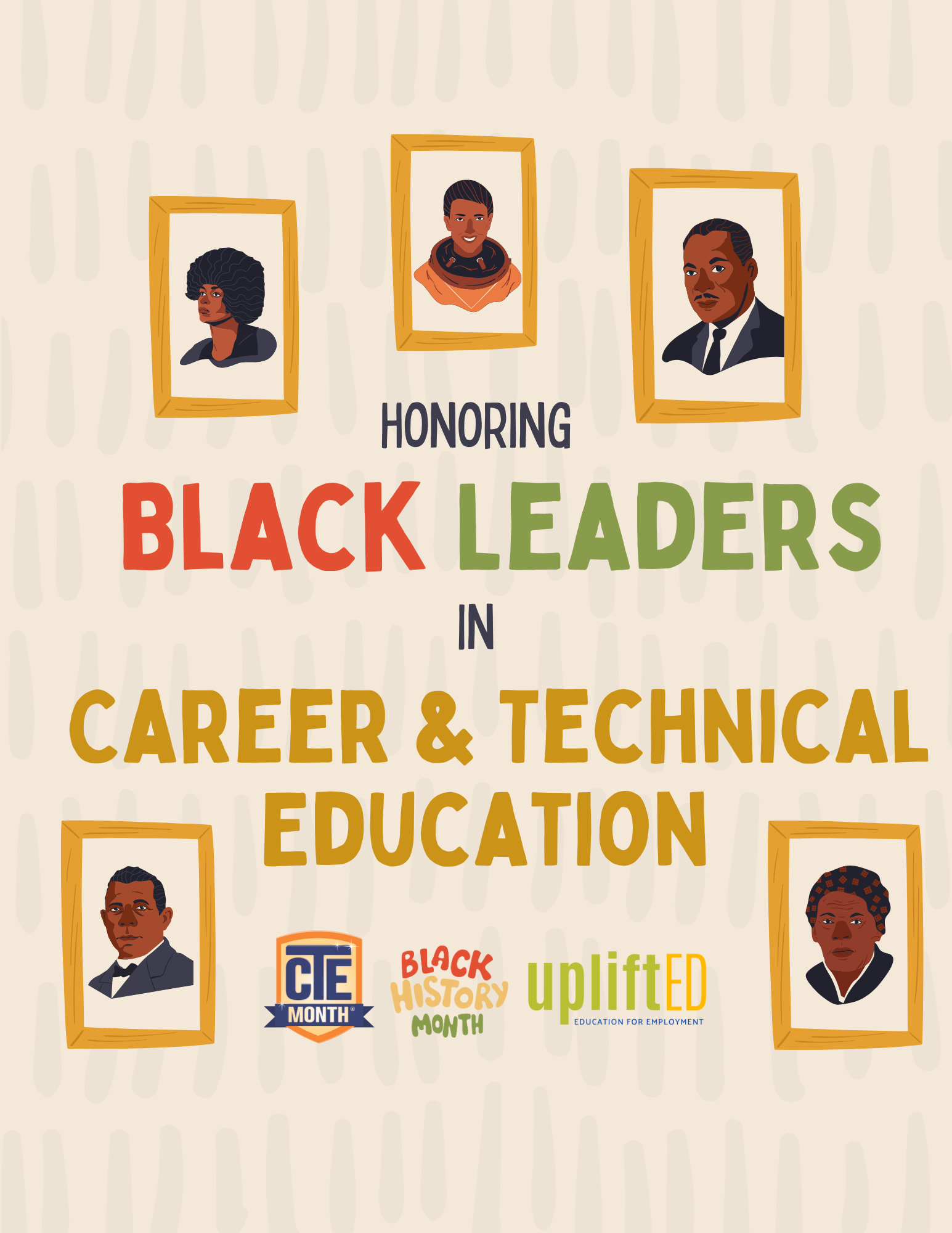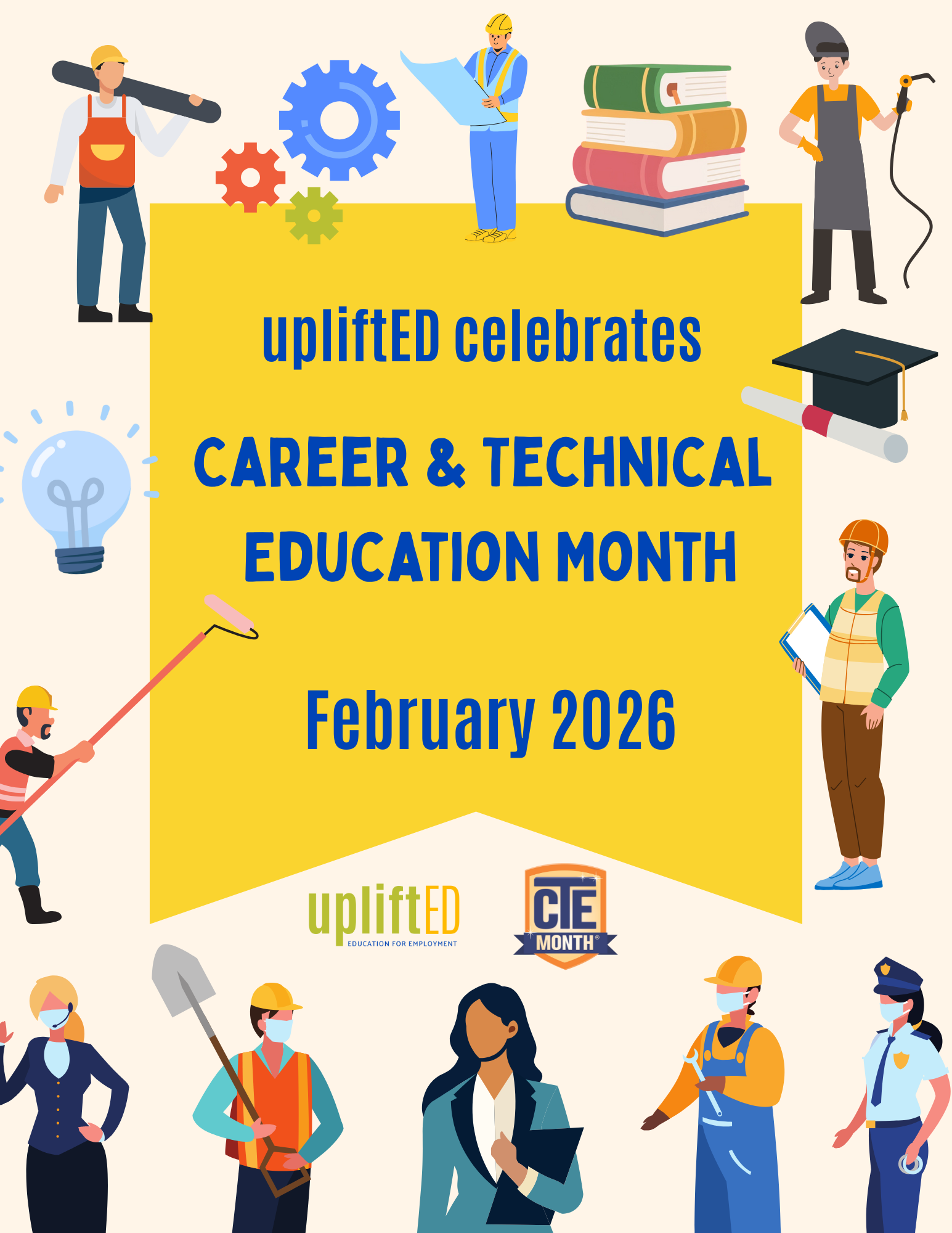February is a time to recognize both Black History Month and Career & Technical Education (CTE) Month. Together, they highlight the powerful role education plays in shaping opportunity, building skills, and preparing students for meaningful careers. CTE has long served as a pathway to workforce development, economic mobility, and community advancement.
Read MoreThere’s something special about watching students discover their path forward after high school. I’ve seen it many times over my years in education…it’s that moment when a student realizes their talents and interests actually have a place in the real world.
Read MoreSince launching the Education United: Student Success HUB, upliftED and our partner schools have been hard at work delivering hands-on support to students across Central Florida. With the 2026–2027 Free Application for Federal Student Aid (FAFSA) opening earlier than expected, our recent efforts have focused on providing direct, in-person FAFSA assistance to both students and families.
Here's a snapshot of our impact during the first week of October:
Read MoreThe number 12 represents imagination, effective communication, cooperation, optimism and much more. Today, 12 represents the number of years upliftED has been a collective voice for education access, persistence and completion in Central Florida. That’s right, upliftED turns 12 today! Can you believe how fast it has gone by? But how did we get here? How and why did upliftED start and where are we going?
Read MoreWith staff in place and a strong foundation, we knew we were better equipped to take upliftED to the next level by moving forward with the creation of the Student Success HUB. The launching of any new project takes not only planning and designing, but also dollars to implement those plans and designs.
We are excited to announce our newest partnership with Helios Education Foundation. HFUW was selected as 1 of 5 grant recipients of the Helios Education Foundation’s recent Postsecondary Student Success RFP process. The $750,000 investment will fuel a 3-year initiative aimed to dismantle financial and systemic barriers to higher education, ultimately boosting FAFSA completion, college enrollment, and student persistence in Orange and Osceola counties.
Read More




